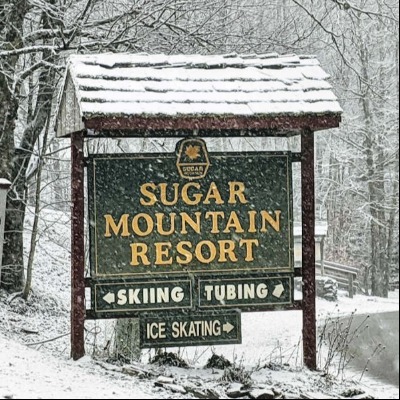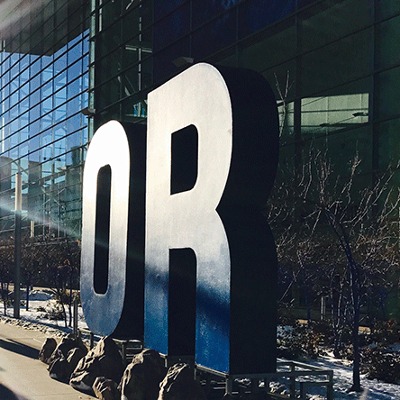State Audit Office Conducts Initiative Audit On OÖ Seilbahnholding

OÖ Seilbahnholding GmbH is responsible for the overall strategic management of the "Dachstein West," "Feuerkogel," "Grünberg," and "Dachstein Krippenstein" cable cars. The LRH recently audited the cable car holding company and its subsidiaries. Fundamental questions from previous LRH audits regarding profitability and individual locations remain relevant. The LRH positively assesses the new corporate strategy, which includes key areas such as "year-round tourism" and "mobility." However, the economic challenges within the group remain. The state of Upper Austria should adapt its management to the new circumstances. A sensible development step was the organizational realignment, which creates synergies and contributes to more efficient operations. The allocation of free tickets should be handled even more restrictively. To improve the financial situation, further optimization of ongoing operations would be necessary. Financial challenges (for the state of Upper Austria) are to be expected in connection with future investments.
At the beginning of 2022, there was a change in management. This involved a realignment of the organization based on the operating locations. The new management pursued the goal of a unified strategic direction while leveraging synergies. The brand identity was redesigned. "Fundamental questions regarding investments, profitability, and strategic issues that we have already identified in previous audits remain relevant," explains LRH Director Rudolf Hoscher.
Under its new, unified umbrella brand – "Bergbahnen Dachstein Salzkammergut" – the cable car holding company pursues the goal of offering guests an attractive mountain experience year-round. The LRH (Regional Court of Justice) positively assesses the new strategic focus areas of "year-round tourism," "sustainability," and "mobility." These are also in line with the state's tourism strategy. "However, we point out the economic challenges; more attractive tourism offerings should also have a positive impact on the group's economic development," says Hoscher. This should keep future support contributions from the state of Upper Austria as low as possible.
Since the change in management in 2022, all management activities have been centrally planned, operationally implemented, and monitored by the holding company. In contrast, the state of Upper Austria conducts its content-related control activities at the level of the operating companies.
“The state of Upper Austria should adapt the management of the cable car holding group to the new circumstances and operate it in accordance with the state’s investment guidelines,” emphasises the LRH director.
The cable car holding group invested approximately €18 million in the renewal and expansion of its infrastructure between 2018 and 2023. The majority of these investments were made at the Dachstein West site. The focus of the immediately planned investments is on the reconstruction of the Aussichtsberg and Angeralm cable cars, as well as on improving the attractiveness of the Feuerkogel. "The ability to implement strategically sound investments depends heavily on generating contribution margins and financial support from the shareholders," explains Hoscher. To be prepared for future challenges, the State of Upper Austria should regularly coordinate the long-term development plan with the cable car holding group.
The cable car holding group merged with the Rußbach/Annaberg ski area (Salzburg), which is intended to achieve more efficient operations in the Dachstein West region. The organizational realignment is aligned with the new strategy and the unified brand identity. "This sensible development step creates synergies. We already recommended this during our 2007 audit," Hoscher concludes positively.
The LRH also recommends improvements regarding the design of fares and the allocation of free tickets, which should generally be made more restrictive. To this end, the cable car holding group should collect and evaluate the volume of lost revenue due to free tickets or other price reductions. It is also important to optimize ongoing operations to improve the financial situation and reduce dependence on ongoing state support. Although guest numbers have recovered after the COVID crisis, they have not yet fully reached pre-crisis levels.
More here













